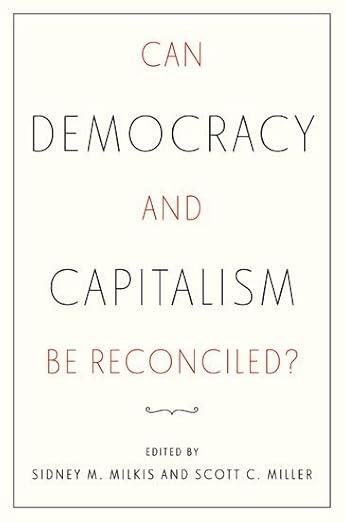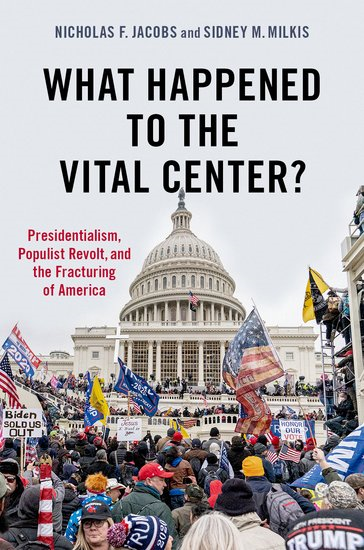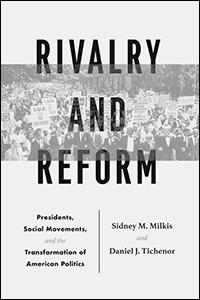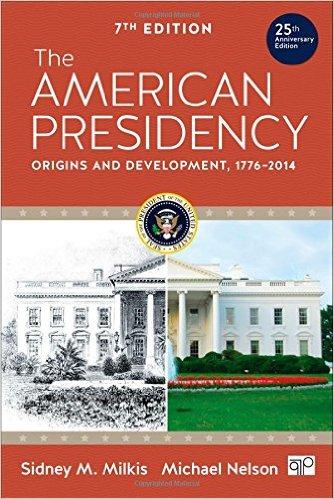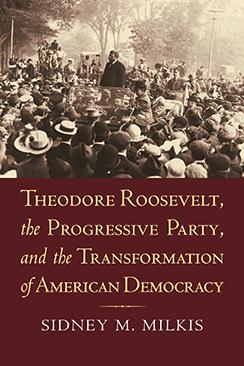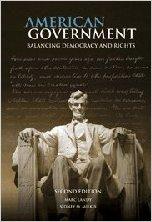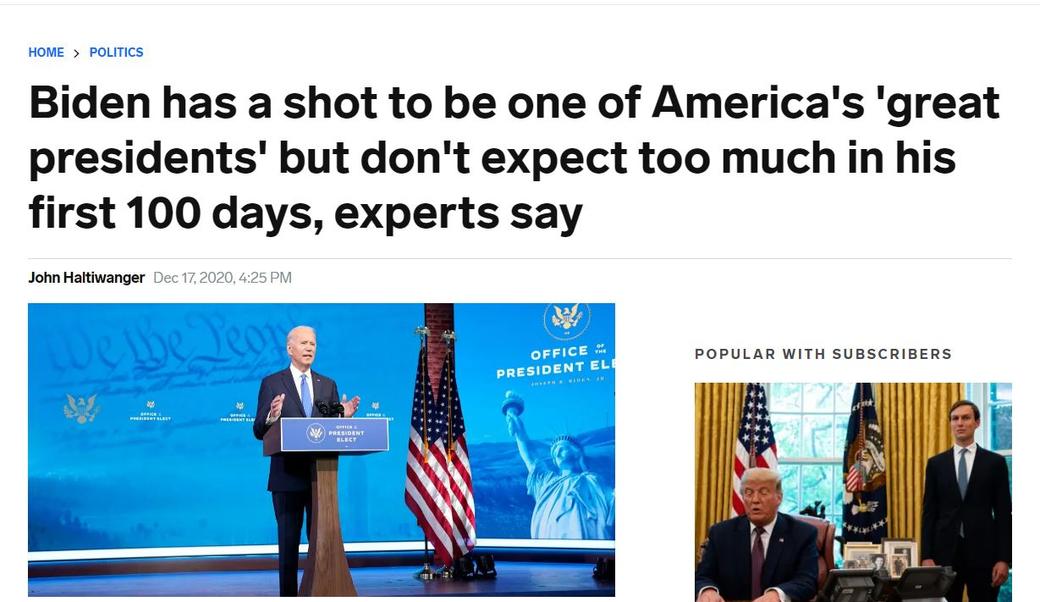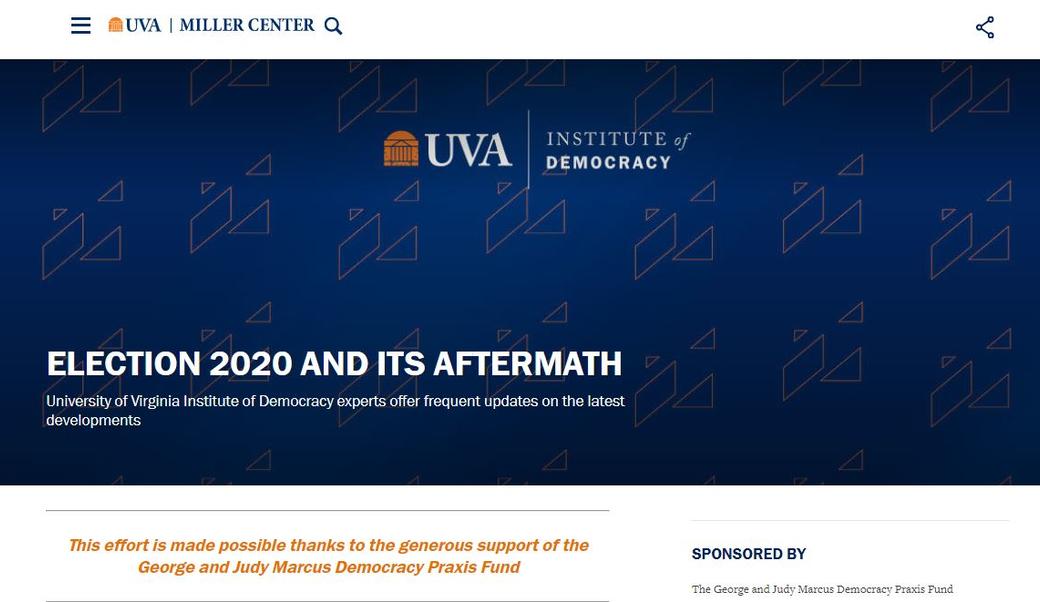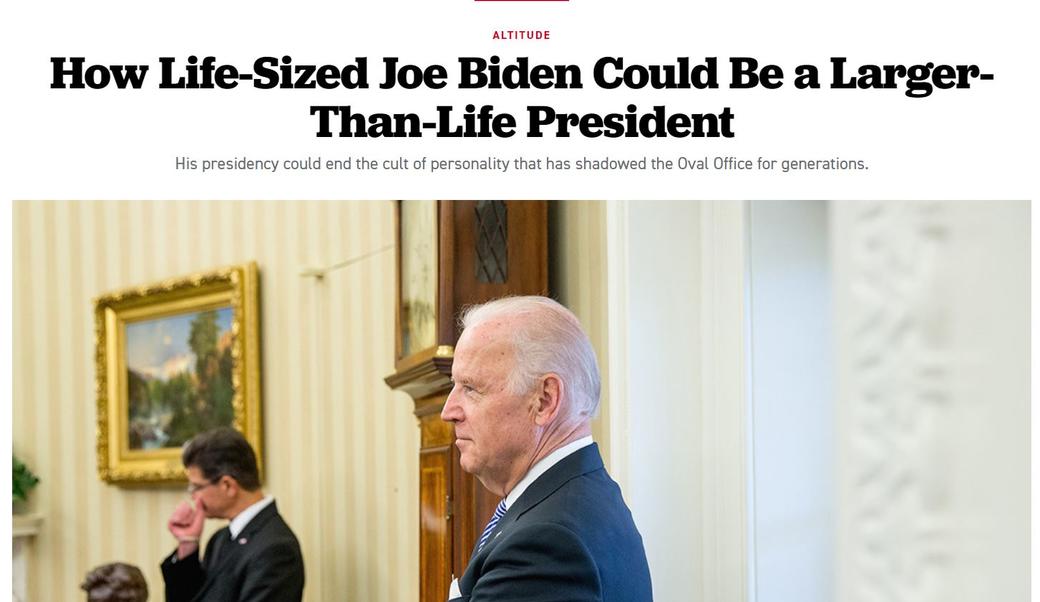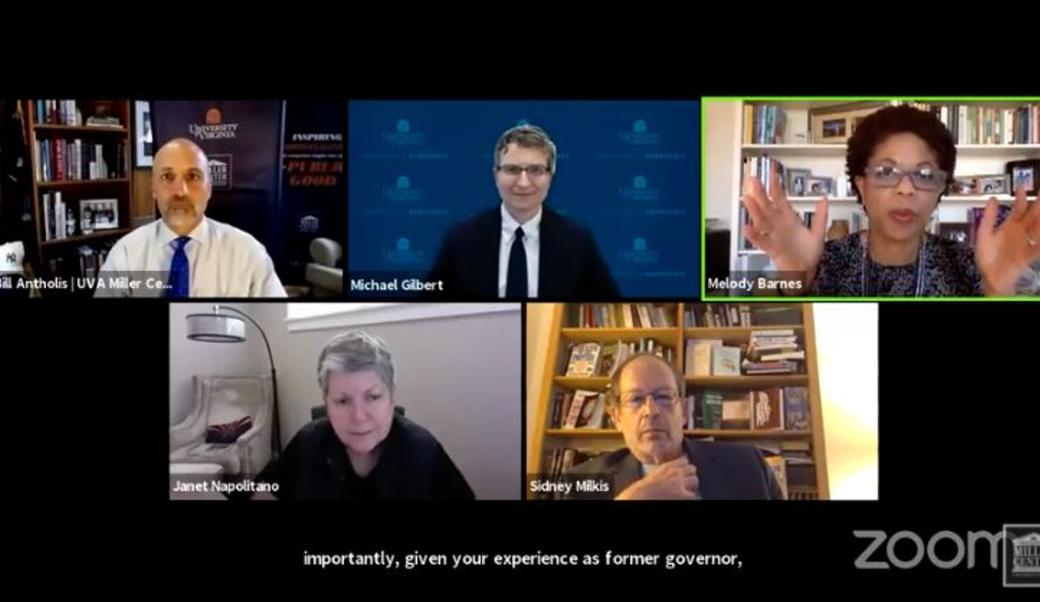White Burkett Miller Professor of Governance and Foreign Affairs
Fast Facts
- Author of What Happened to the Vital Center?
- White Burkett Miller Professor of Governance and Foreign Affairs
- Award-winning educator
Areas Of Expertise
- Social Issues
- Governance
- Elections
- Founding and Shaping of the Nation
- Political Parties and Movements
- Politics
- The Presidency
Sidney M. Milkis is the White Burkett Miller Professor of Governance and Foreign Affairs and a professor of politics. His research focuses on the American presidency, political parties and elections, social movements, and American political development. In addition to teaching undergraduate and graduate students, he regularly gives public lectures on American politics and participates in programs for international scholars and high school teachers that probe the deep historical roots of contemporary developments in the United States.
Milkis earned a BA degree from Muhlenberg College and a PhD in political science from the University of Pennsylvania.
Sidney Milkis News Feed
Thought leaders engage in a wide-ranging discussion on the state of the presidency and its relationship to American democracy during these extraordinary and unsettling times. The panel will examine Donald Trump’s tempestuous reign and the start of the Biden administration, and it will consider the cultural and institutional developments that have brought us to this unsettling place.
Miller Center Presents
Biden, who has presented himself as a leader who can unify and heal the country, could establish a new model for the presidency in the post-Trump era, Sidney Milkis, a presidential scholar at the University of Virginia's Miller Center, told Politico last month.
Business Insider
The Miller Center's Sidney Milkis interviews political scientists Suzanne Mettler (Cornell University) and Robert C. Lieberman (Johns Hopkins University) about their new book, Four Threats: The Recurring Crises of American Democracy. In it, they explore five moments in history when democracy in the United States was under siege: the 1790s, the Civil War, the Gilded Age, the Depression, and Watergate. These episodes risked profound—even fatal—damage to the American democratic experiment. And we are seeing some of the same issues in the present moment in American politics. Luckily, history provides a valuable repository from which we can draw lessons.
Miller Center Presents
The likely continuation of divided government and legislative stalemate has dampened the enthusiasm of the Democratic Party’s base in the aftermath of Joe Biden’s stirring victory. However, recent history reveals that presidents can accomplish a great deal on their own.
MC Presents
Sidney Milkis, a presidential scholar at the University of Virginia’s Miller Center, said the greatest presidents are “at the center of developing a new political order,” one built around “a new philosophy, a new set of institutional arrangements, a new set of policies.” Biden has a chance to do this, Milkis says, by inventing a new model of the presidency for the context he inherits: “Trump has shown us how dangerous this cult of personality is, and Biden can be looked at as an antidote to that. Enough of the country is looking for leadership that would be normal, would be focused on building a coalition.”
POLITICO Magazine
Join Miller Center Director William Antholis, Democracy Initiative Co-Director Melody Barnes, former Homeland Security Secretary Janet Napolitano, Miller Center Professor Sidney Milkis, and UVA Law School Professor Michael Gilbert for a discussion of the ongoing uncertainties and challenges facing the country following this week's historic presidential election.
Miller Center Presents
